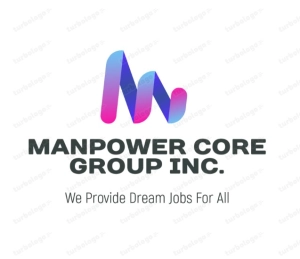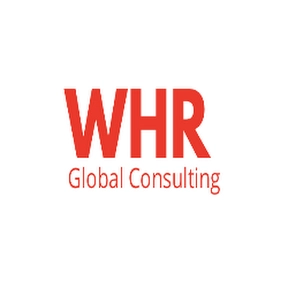IT Business / Systems Analyst
Pasay, National Capital Region
Posted over 30 days ago
- Company:
- Hunter's Hub, Inc.
- Company Description:
- Hunter’s Hub Incorporated is a Sourcing and Headhunting company that was founded earlier on in the year 2018. The company prides itself in its ability to source and recruit only the best and brightest of each industry. Hunter’s Hub caters to numerous clients in a multitude of industries, and has a wide-range of candidate selections to suit any of our clients’ needs. Likewise, the company specialises in sourcing out highly skilled and multi-talented IT professionals because the company mostly caters to clients being widely known to be in the IT industry.
- Contract Type:
- Full Time
- Experience Required:
- 2 years
- Education Level:
- Bachelor’s Degree
- Number of vacancies:
- 3
Job Description
· Position requires a college degree in either Computer Science, Industrial Engineering, Accounting, Business Management or any related field with emphasis on business process.
· At least 2-3 years’ experience as a Business Systems Analyst or Information Systems Specialist
· Experienced in project management.
· Experienced in systems and procedure documentation
TRAININGS & CERTIFICATIONS
ITIL Certified
Agile BA training and certification is a plus
Tableau/Power BI is an advantage
Job Description
Responsible for gathering, analyzing, and documenting business requirements related to core systems and applications critical to the organization's operations. This role serves as a bridge between business stakeholders and IT teams, ensuring that technical solutions align with business needs. The Business Analyst plays a key role in the planning, execution, and integration of core system-related projects by providing deep insights into business processes, identifying opportunities for improvement, and ensuring that all project deliverables meet business expectations.
Business Requirements Gathering and Analysis
1. Work closely with business stakeholders to gather and document detailed business requirements for new projects, system enhancements, or process improvements related to core systems.
2. Analyze existing business processes and systems to identify areas for improvement and efficiency gains, ensuring that requirements are aligned with organizational goals.
3. Develop clear, concise, and comprehensive requirement documents that can be used by IT teams to design and implement technical solutions.
4. Create business process models, workflows, and data flows to visualize and understand current state processes, identifying opportunities for system improvements or reengineering.
5. Collaborate with stakeholders to streamline and optimize business processes, ensuring they are aligned with core systems capabilities and overall business objectives.
6. Recommend changes to improve operational efficiency, system usability, and overall business outcomes
Collaboration and Communication
1. Act as the primary liaison between business stakeholders and the IT team, ensuring that business needs are clearly communicated and understood.
2. Maintain ongoing communication with stakeholders throughout the project lifecycle to ensure requirements are being met and to provide updates on project status, risks, and changes.
3. Facilitate meetings, workshops, and presentations to gather feedback, clarify requirements, and ensure alignment across business units.
4. Work closely with IT project managers, developers, testers, and other team members to ensure that requirements are clearly understood and implemented effectively.
5. Collaborate with the IT team to ensure that core systems are configured and customized according to business specifications and industry best practices.
6. Provide support in user acceptance testing (UAT) by helping to design test cases, ensuring that the solutions meet business requirements.
As an Agile Business Analyst:
1. Gather, analyze, and document business requirements, translating them into clear and actionable user stories with well-defined acceptable criteria.
2. Work closely with the Product Owners to prioritize and manage the product backlog, ensuring it reflects the evolving needs of the business.
3. Support Agile ceremonies. including stand-ups, backlog grooming, sprint planning, reviews, retrospective, to drive efficient and effective delivery.



